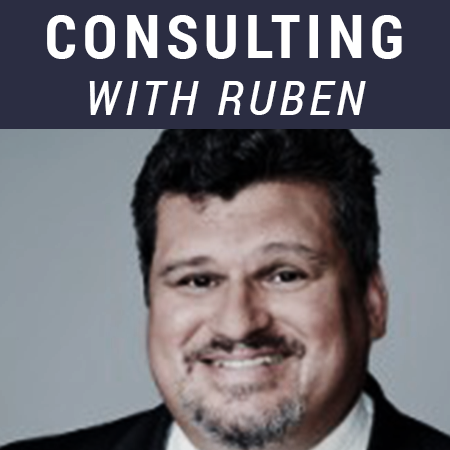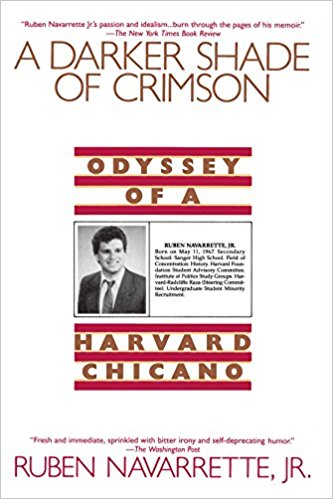SAN DIEGO — There is a debate raging within the media over our favorite subject: the media.
Someone told me recently that Americans are information rich and knowledge poor. One reason for this is that journalism is broken. We just can’t agree on how to fix it.
Consider the contrasting views of former New York Times reporter Linda Greenhouse and Emmy Award-winning former CBS reporter Sharyl Attkisson. Each has written a book detailing her experience as a journalist and offering thoughts on where the profession is headed.
In Greenhouse’s book, “Just A Journalist: On the Press, Life and the Spaces Between,” she writes: “The opposite of objectivity isn’t partisanship, or needn’t be. Rather, it is judgment, the hard work of sorting out the false claims from the true and discarding or at least labeling the false.” As Greenhouse sees it, a journalist doesn’t just have the right to express opinions but the obligation to do so — if it is in the pursuit of truth. And, she insists, journalists have every right to be voters and activists because they don’t stop being citizens when they enter the profession. She also thinks the job’s standards can be too rigid.
Attkisson sees things differently. As she spells out in “The Smear: How Shady Political Operatives and Fake News Control What You See, What You Think, and How You Vote,” she thinks the media is in a mess of its own making. The public doesn’t trust the media anymore, she says, because journalists have violated their own standards. As Attkisson said in a recent video for the digital media organization PragerU: “We in the business of journalism have exempted ourselves from the normal rules that used to govern us, and so the most egregious kinds of reporting errors are becoming more common.” She added that most Americans “want their news straight up,” and they’re not getting it that way.
The secret is out. Organizations used to ask me to speak about stories that the media covers. These days, they ask me to talk about the media itself — and its propensity toward “fake news.” How did the Fourth Estate get this far off course?
Here are 10 mistakes that my colleagues and I have made in just the last year that hurt our credibility:
— We’ve broken our own rules. Reporters are supposed to keep their opinions to themselves. Anchors are supposed to tell you the news, not tell you what to think.
— We’ve divided up into teams. In the age of Twitter, Facebook and other social media sites that encourage direct interaction, journalists who work for different companies are free to snipe at one another.
— We’re surrounded by the likeminded. The industry is not diverse. Many journalists are white, come from the same socioeconomic backgrounds, went to the same schools, and live in cities.
— We take criticism personally. Despite belonging to a profession that thrives on criticizing others — especially elected officials — many journalists have thin skin.
— We’ve become too comfortable with hypocrisy. The recent wave of sexual harassment scandals involving media figures — Charlie Rose, formerly of PBS and CBS News; Mark Halperin, formerly of ABC News and NBC News; and Michael Oreskes, formerly of NPR and The New York Times, etc. — shows that journalists don’t do a good enough job of policing their own backyard.
— We try to be social workers and social engineers. Our job is to constantly try to tell better stories. That’s it. Instead, we’ve gotten sidetracked into the totally different mission of making better people and building a better society.
— We take our cues from Washington and New York. These big cities have been given free rein in shaping the national discussion, while paying too little attention to what matters in small towns and rural areas.
— We let our bias show. Many of us are anti-Trump and pro-Democrat. We don’t even bother to hide it anymore. In fact, many of us seem proud of our activism and partisanship.
— We tell ourselves that the ends justify the means. This is especially true in our battles against “deplorables,” including the one in the White House.
— We haven’t done a good job of telling our own story. Readers don’t know the difference between editorials, columns (this piece) and news articles. Television viewers confuse reporters, anchors and commentators. We’ve mixed it all together.
So how does the media get back on track — and rebuild the public’s trust? We have to stop being defensive, be more introspective, and admit we have a problem. We need to look in the mirror and confront what we’ve done wrong. Then, every day, on the job, we have to make it our mission to improve our craft and win back our audience.
Ours is a remarkable country. We need a media worthy of it.
Ruben Navarrette’s email address is ruben@rubennavarrette.com. His daily podcast, “Navarrette Nation,” is available through every podcast app.





